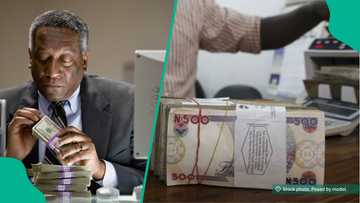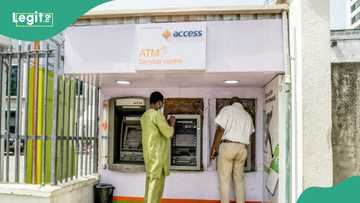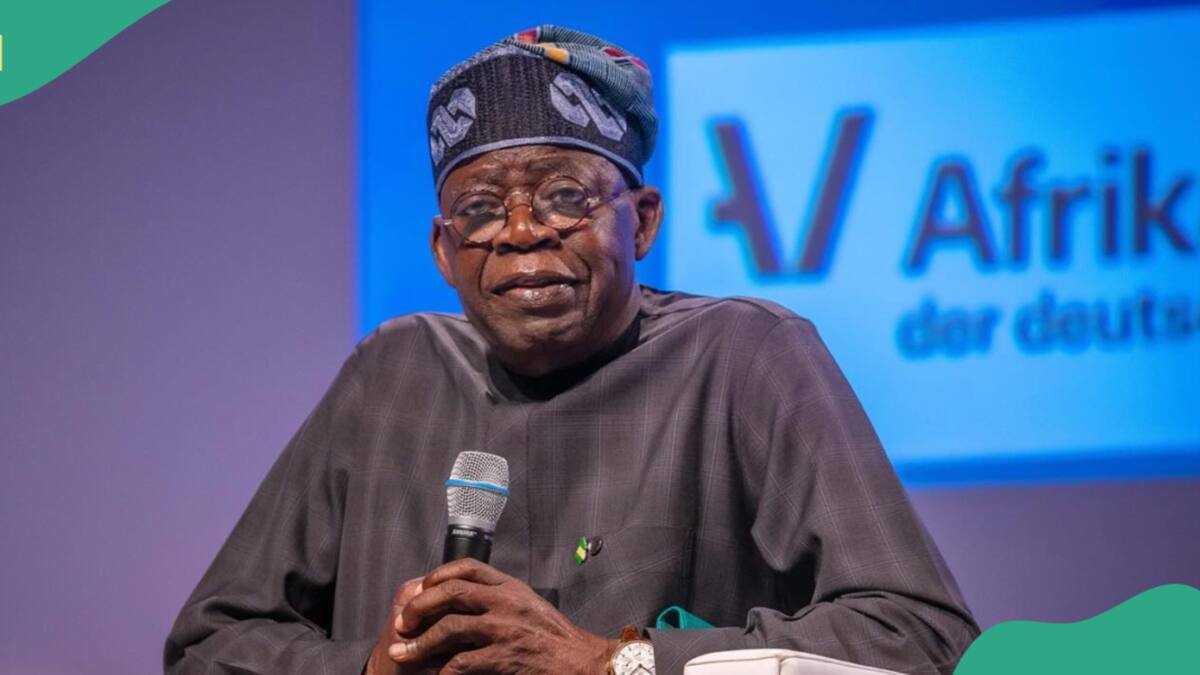The Nigerian government has received an additional $1.5 billion from the World Bank after meeting some conditionsThe World Bank disbursed the loan in two tranches of $750 million each, which came in quick successionThe global lender approved the loan after Nigeria implemented fuel subsidy removal and broader tax reforms
Henzodaily.ng’s Pascal Oparada has reported on tech, energy, stocks, investment and the economy for over a decade.
The World Bank has completed the disbursement of a $1.5 billion loan following Nigeria’s implementation of essential reforms, including petrol subsidy removal and tax reforms.
This is part of the Reforms for Economic Stabilisation to Enable Transformation Development Policy Financing scheme and also one of the fastest disbursements Nigeria has received, with both tranches coming in less than six weeks.
President Bola Tinubu’s government receives another $1.5 billion loan from the World Bank
Credit: State House
Source: Facebook
The World Bank makes quick loan disbursements
A World Bank document shows that the loan was approved on June 13, 2024, and the first payment was made on July 2, 2024.

Read also
Expert predicts naira stability in 2025, lists factors to drive growth
The second disbursement was made in November 2024, after Nigeria had fulfilled the specific reform conditions attached to the loan.
The disbursement is different from other loan schemes, which experience delays due to slow or partial implementation of conditions.
On June 13, 2024, the World Bank approved another loan of about $750 million for the Accelerating Resource Mobilisation Reforms Programme for Results projects in Nigeria.
According to Punch, the World only gave about $1.88 million, less than one per cent of the project’s budget.
Also, the $1.5 billion loan disbursed to Nigeria was disbursed in two tranches with different payment periods.
The report said that the first tranche was a $750 million credit from the International Association (IDA), with 12 months maturity and a six-year grace period.
The second tranche is the $750 million from the International Bank for Reconstruction and Development (IBRD), with a 24-year repayment period with an 11-year grace period.

Read also
After beating CBN capital requirements, Access Bank set to enter Moroccan market
Findings show Nigeria received $750 million from the World Bank in November 2024.
The World Bank commends Nigeria for reforms
The World Bank document showed that some critical reforms, such as the Nigerian government’s removal of subsidies, unlocked the second tranche.
The global lender applauded the Nigerian government for the bold reforms and exceeding expectations.
Removing subsidies allowed petrol prices to align with international market and exchange rates, ending subsidies that drained public funds.
Nigerians have seen petrol prices rise more than fivefold since the subsidy removal last year.
Nigeria’s tax bill also proposes a gradual increase in value added tax (VAT) rate to 10% by 2025 and other measures to simplify tax compliance and expand input tax credits for businesses.
Experts say the new loan approvals by the World Bank will inflate Nigeria’s debt profile to a new level.
Nigeria’s total debt profile hits N134 trillion
Henzodaily.ng earlier reported that Nigeria’s debt increased by N126 trillion in three months to N134.3 trillion.

Read also
African country cancels charges on ATM cards, other debit cards to boost digital transactions
The spike is 10.36% from the N121.7 trillion recorded in the first three months of this year.
An official document shows that the increase was due to the naira devaluation.
PAY ATTENTION: Сheck out news that is picked exactly for YOU 
Source: Henzodaily.ng
